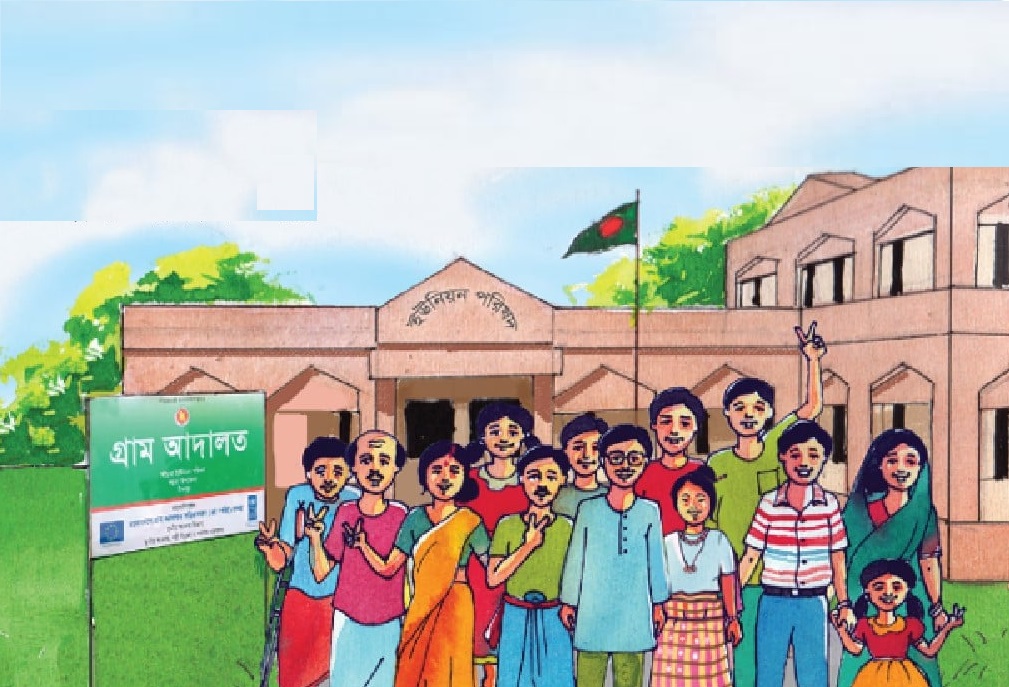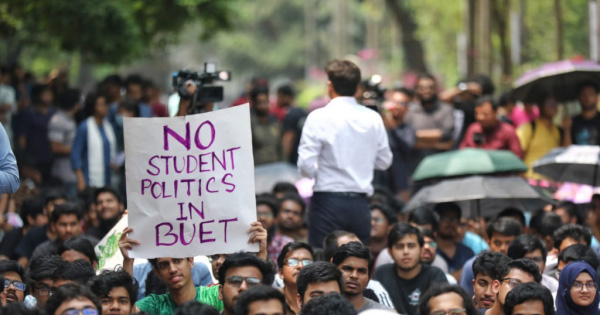Masroor Anwar Chowdhury, a procurement and supply chain specialist, had a promising career ahead of him. After earning a B.Sc. in Electrical and Electronics Engineering (EEE) from the Independent University of Bangladesh in 2012, Masroor embarked on a career in the hospitality industry. By 2020, he had already worked for two multinational hotel chains, including Radisson Blu Chittagong and Holiday Inn Dhaka, holding positions of increasing responsibility. At just 31 years old, he was the Purchase Manager at the newly opened Holiday Inn Dhaka City Center, earning a six-figure salary.
Alongside his professional growth, Masroor developed a passion for writing. Initially, he wrote romantic pieces, but over time, his writing began to reflect his concerns about the oppression and injustices he perceived in the country, particularly those related to the Awami League and their stance against Islamic values. He often voiced his thoughts through social media, which became a platform for his criticisms.
In late February 2020, Masroor posted a brief but bold status on Facebook opposing the visit of Indian Prime Minister Narendra Modi to Bangladesh. This post, seemingly innocent, triggered a series of life-altering events.
On the morning of February 29, 2020, Masroor left his home in the Gudaraghat area of Badda for work. As he neared Hatirjheel police plaza, his rickshaw was suddenly stopped by a white microbus. Five or six men in plain clothes emerged from the vehicle. They identified him by his Facebook post and asked if he was Masroor. When he confirmed, they forcefully apprehended him. Despite his pleas, explaining that he had two small children, the men showed no mercy. One of them displayed his RAB (Rapid Action Battalion) ID and threatened Masroor, ordering him into the vehicle under the threat of being shot.
Blindfolded and handcuffed, Masroor was driven to an unknown location. During the journey, his captors accessed his Facebook account and interrogated him about his posts and connections. When Masroor asked where they were taking him, the officers deceitfully assured him it was just for questioning. However, the ominous reference to a location known for “crossfire” sent chills down his spine, as he feared for his life.
After what felt like hours of driving, Masroor was taken to a small, dimly lit room where he was briefly unblinded and uncuffed. The room had a makeshift bed and a three-foot partition that separated a toilet area. Exhausted and terrified, he fell asleep, only to be awakened later by another detainee’s sobs.
The nightmare continued as Masroor was repeatedly interrogated, beaten, and accused of being a militant. His charitable work in the Rohingya camps was twisted into something sinister, and he was pressured to confess affiliations with militant groups. Despite his denials, the torment persisted. He was kept in isolation, enduring harsh conditions, with minimal food and water. The facility he was held in was always dark, with no exposure to sunlight, and even basic human needs, like using the toilet, were monitored.
During this time, Masroor met other detainees, all of whom had been unjustly accused and subjected to similar mistreatment. One young detainee, only 17 or 18 years old, even tried to console Masroor, despite the despair that loomed over all of them. These interactions provided small moments of comfort amidst the relentless abuse.
After days of confinement and interrogation, Masroor was suddenly moved again. This time, he and three others were brought before the media, paraded as militants, and accused of planning an attack on a police station. The fabricated charges claimed that RAB had caught them “red-handed” during a secret meeting, and that they were in possession of militant literature. This public display was nothing more than a staged drama, designed to justify the actions of the authorities.
Following this charade, Masroor and his fellow detainees were taken to Fatulla police station in Narayanganj, where Masroor managed to make a brief phone call to his father, letting him know he was alive. The next day, they were transferred to Narayanganj jail, where Masroor spent the next ten months in harsh conditions, separated from his family.
During this time, Masroor missed crucial moments with his children. His eight-month-old son had started crawling, and his daughter had grown significantly in his absence. The trauma of those ten days of illegal detention and the subsequent months in jail left deep scars on him.
Even after his release, life was far from normal. Branded as a “militant,” Masroor struggled to find work and faced financial difficulties. The false charges continued to haunt him as he traveled back and forth from Chittagong to Narayanganj for court hearings, unsure if he would ever be free from this nightmare.
Masroor’s ordeal is a stark reminder of the corrupt practices within certain elements of law enforcement. The actions of some individuals within RAB, driven by personal gain, ambition, and a desire to appease foreign powers, resulted in the suffering of countless innocent people like Masroor. These victims, including women, were subjected to brutal torture, false charges, and years of unjust imprisonment.
Masroor hopes that one day, justice will prevail, and those responsible for these atrocities will be held accountable. Only then, he believes, will the true spirit of Bangladesh’s independence be realized.







